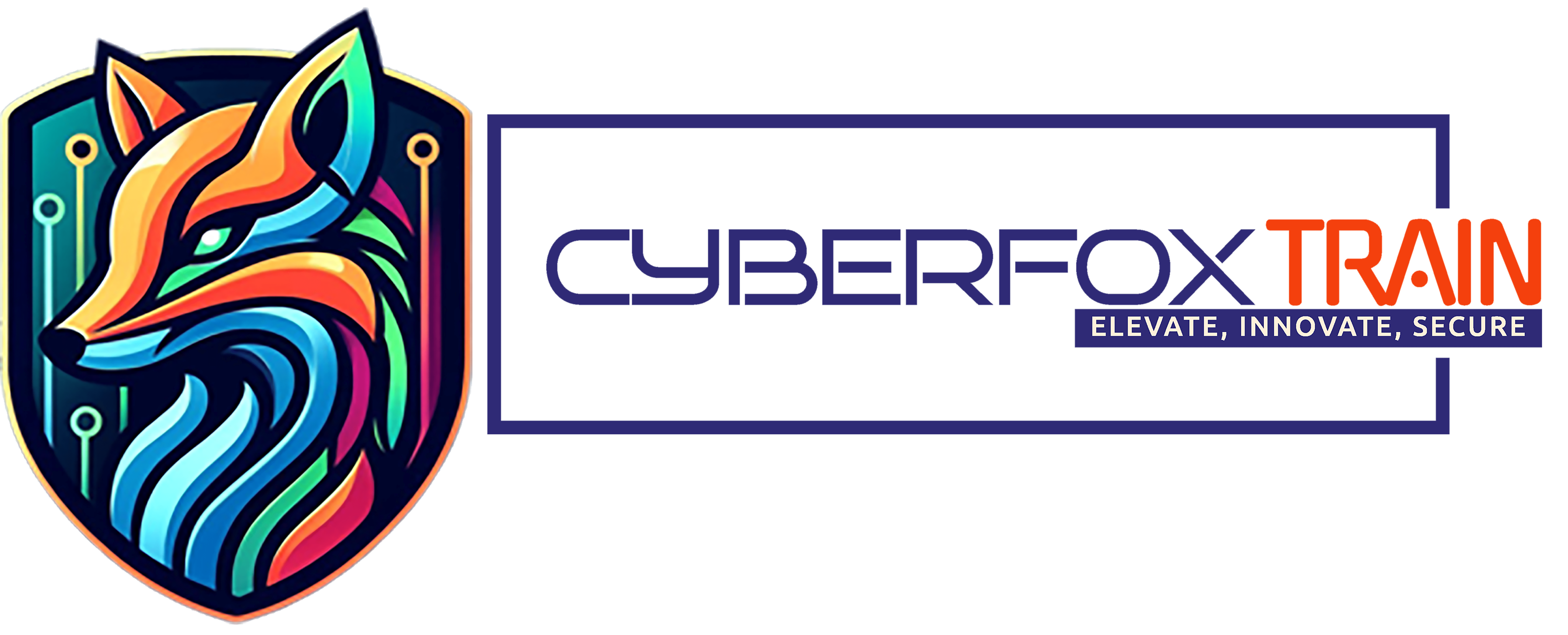EC-Council’s Certified Cloud Security Engineer (C|CSE) course is a specialized program curated by cloud security professionals in collaboration with subject matter experts from around the globe. C|CSE is a hands-on learning certification course that adopts a detailed and methodological approach to teaching the fundamental concepts of cloud security.
EC-Council’s C|CSE program blends vendor-neutral and vendor-specific cloud security concepts, offering aspirants an unbiased learning approach. Vendor-neutral concepts emphasize universally applicable cloud security best practices, technologies, and frameworks to help individuals strengthen their grasp of the fundamentals. Vendor-specific concepts help individuals gain the practical skills needed to work with specific cloud platforms.
What is Cloud Security, and why is it Important?
Enterprise IT spending on public cloud technologies is expected to jump from under 17% of expenditures in 2021 to over 45% by 2026 (Gartner, 2021). According to the same report, the public cloud service market is expected to reach USD 482 billion by the end of 2022.
Cloud infrastructures facilitate seamless storage and data exchange, enhance productivity and reliability, and reduce operational and overhead costs for organizations. Despite these benefits, migrating to the cloud can expose enterprises to a variety of security threats, including data loss, unsecured APIs, and data breaches. These threats have increased in recent years, due in part to the use of public clouds to store enterprises’ critical client and business data. With a growing number of enterprises shifting to the cloud, security concerns are at an all-time high.
Cloud security is the practice of protecting cloud-based infrastructure, data, and applications. It is a series of principles, methodologies, and technologies designed to control and secure cloud environments.
- Today, 92% of organizations’ IT environments are located at least partially in the cloud (IDG, 2020).
- 65% of cloud network security breaches occur as a result of user error (Nunnikhoven, 2021).
- Roughly 36% of organizations experienced a major cloud security data breach in the past year (Fugue, 2021)
- Migrating to the public cloud can cut your total cost of ownership up to 40% (Lacy et al., 2020).
- On average, a cloud outage lasts 117 minutes—almost two hours (Veeam, 2020).
- Over 33B records have been exposed over the last two years (Greig, 2020).
- The average cost of a cloud security breach is USD 5.12M (IBM, 2021).
Why Choose C|CSE? and Benefits of C|CSE
C|CSE is a unique course that stands apart from other cloud computing programs.
- Offers comprehensive knowledge and practical learning of security practices, tools, and techniques used to configure widely used public cloud providers such as Amazon Web Services (AWS), Azure, and Google Cloud Platform (GCP).
- Enables you to learn the kills required in real-world threat scenarios from industry experts
- Plays an active role in enhancing your organization’s security posture by teaching you how to plan, configure, implement, and maintain a secure cloud environment
- Demonstrates how to perform cloud computing security audits and penetration testing to help organizations comply with the standards, policies, procedures, and regulations governing cloud environments.
- Provides a simulated environment with over 50 complex labs to equip you with skills that matter and ensure job readiness
- Is mapped with real-time job roles and responsibilities of cloud security professionals
Who is it for?
- Network Security administrators, engineers, and analysts
- Cloud administrators, engineers, and analysts
- InfoSec professionals
- Cybersecurity engineers and analysts
- CND Certified professionals
- Any other role involving network and cloud administration, management and operation
Course Outline
Module 01: Introduction to Cloud Security: In this module, you will be presented with the core concepts of cloud computing, cloud service models, and cloud-based threats and vulnerabilities. The module highlights service provider components, such as evaluation and the shared security responsibility model, that are essential to configuring a secure cloud environment and protecting organizational resources.
Module 02: Platform and Infrastructure Security in the Cloud: This module explores the key components and technologies that form a cloud architecture and how to secure multi-tenant, virtualized, physical, and logical cloud components. This module demonstrates configurations and best practices for securing physical data centers and cloud infrastructures using the tools and techniques provided by Azure, AWS, and GCP.
Module 03: Application Security in the Cloud: The focus of this module is securing cloud applications and explaining secure software development lifecycle changes. It explains the multiple services and tools for application security in Azure, AWS, and GCP.
Module 04: Data Security in the Cloud: This module covers the basics of cloud data storage, its lifecycle, and various controls for protecting data at rest and data in transit in the cloud. It also addresses data storage features and the multiple services and tools used for securing data stored in Azure, AWS, and GCP.
Module 05: Operation Security in the Cloud: This module encompasses the security controls essential to building, implementing, operating, managing, and maintaining physical and logical infrastructures for cloud environments and the required services, features, and tools for operational security provided by AWS, Azure, and GCP.
Module 06: Penetration Testing in the Cloud: This module demonstrates how to implement comprehensive penetration testing to assess the security of an organization’s cloud infrastructure and reviews the required services and tools used to perform penetration testing in AWS, Azure, and GCP.
Module 07: Incident Detection and Response in the Cloud: This module focuses on incident response (IR). It covers the IR lifecycle and the tools and techniques used to identify and respond to incidents; provides training on using SOAR technologies; and explores the IR capabilities provided by AWS, Azure, and GCP.
Module 08: Forensics Investigation in the Cloud: This module covers the forensic investigation process in cloud computing, including various cloud forensic challenges and data collection methods. It also explains how to investigate security incidents using AWS, Azure, and GCP tools.
Module 09: Business Continuity and Disaster Recovery in the Cloud: This module highlights the importance of business continuity and disaster recovery planning in IR. It covers the backup and recovery tools, services, and features provided by AWS, Azure, and GCP to monitor business continuity issues.
Module 10: Governance, Risk Management, and Compliance in the Cloud: This module focuses on the various governance frameworks, models, and regulations (ISO/IEC 27017, HIPAA, and PCI DSS) and the design and implementation of governance frameworks in the cloud. It also addresses cloud compliance frameworks and elaborates on the AWS, Azure, and GCP governance modules.
Module 11: Standards, Policies, and Legal Issues in the Cloud: This module discusses standards, policies, and legal issues associated with the cloud. It also covers the features, services, and tools needed for compliance and auditing in AWS, Azure, and GCP.
Appendix (Self-Study): Private, Hybrid, and Multi-Tenant Cloud Security: The appendix covers the security of private, hybrid, and multi-tenant cloud models. It lists some of the best practices for securing VMWare Cloud, AWS, GCP, Azure hybrid cloud setups, and multi-tenant clouds.
Course Features
- Lecture 0
- Quiz 0
- Duration 5 days
- Skill level All levels
- Language English
- Students 10
- Assessments Yes






